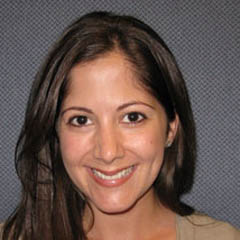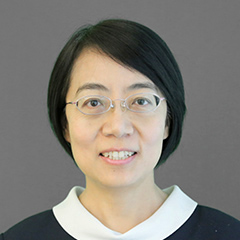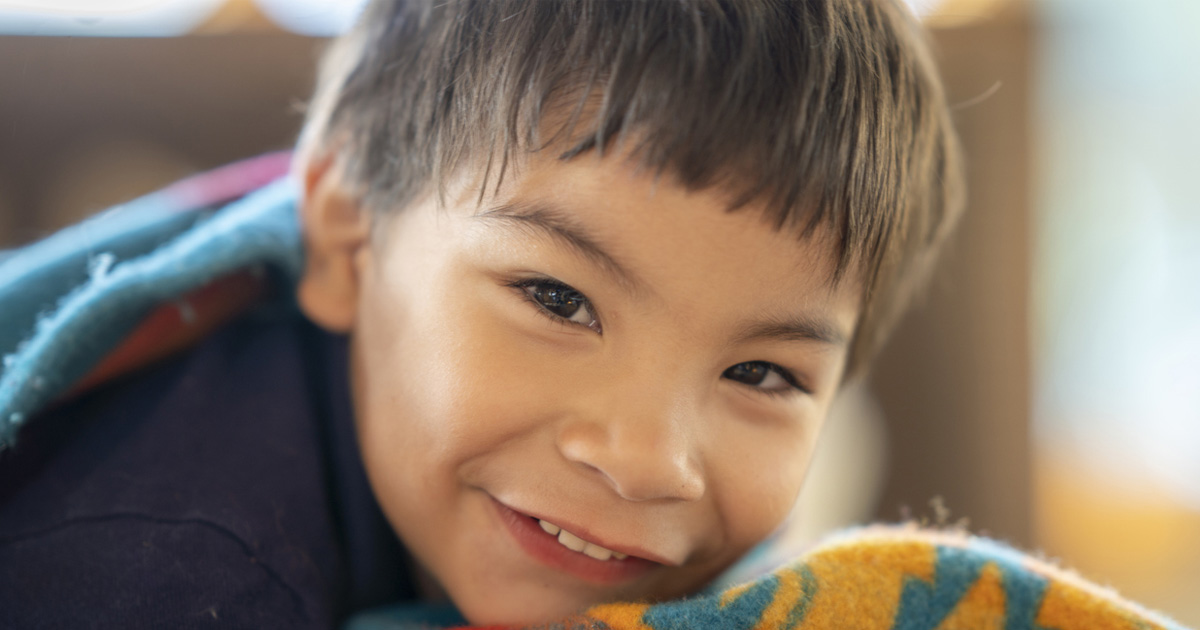U.S. Department of Health and Human Services, Administration for Children and Families, Office of Planning, Research, and Evaluation

The programs’ offerings include child development services delivered in home visits or child care settings, case management, parenting education, health care, referrals, and family support.
Sponsored by the Office of Planning, Research, and Evaluation in the Administration for Children and Families (ACF), Mathematica is conducting a large-scale descriptive study of Early Head Start. The Early Head Start Family and Child Experiences Survey 2018 (Baby FACES) includes large nationally representative samples of EHS programs with data collection in spring 2018 (completed) and spring 2022. The information we collect guides program technical assistance, management, and policy. Baby FACES 2018 builds on the success of an earlier study (Baby FACES 2009), but uses a different design and answers different questions. It provides information about Early Head Start programs in the context of the adoption of the Head Start Early Learning Outcomes Framework and the new Head Start Program Performance Standards, and more recently, COVID-19.
The study team and expert consultants developed a conceptual framework for the Early Head Start program and subframeworks that elaborate aspects of the program and hypothesized associations among them that are the focus of the study. ACF’s priority for Baby FACES 2018 is understanding the processes in classrooms and home visits that support responsive relationships.
To address this overarching research question and many other more specific ones, we selected nationally representative cross-sectional samples of programs, centers, classrooms, home visitors, children, and families (in spring 2018 and again in 2022). In the 2018 wave of data collection, we collected data from 137 programs, centers, classrooms and teachers, home visitors, and enrolled children. From this sample, we interviewed program directors, center directors, teachers, home visitors, and parents; conducted classroom observations; and collected staff reports on study children. The 2022 data collection (delayed from 2020 due to COVID-19) will be similar in design but will also include observations of home visits and video-recorded parent-child interactions.
Mathematica's partners in the study are Virginia Marchman, Stanford University; Jon Korfmacher, the Chapin Hall; and Margaret Burchinal, the University of Virginia, as well as many early childhood development and measurement experts who serve as consultants.
Evidence & Insights From This Project

Snapshot of the 2018 Early Head Start Workforce: Who Are the Teachers and Home Visitors Serving Children and Families?
This brief describes Early Head Start teachers’ and home visitors’ characteristics, the program activities (or processes) they are part of, how well their programs operate (or function), and how staff-specific program processes and functioning are associated with their job satisfaction.
Learn MoreRelated Staff
Efficiency Meets Impact.
That's Progress Together.
Mathematica delivers evidence-based solutions to optimize programs and policies for efficiency, cost savings, and measurable impact. Learn more about becoming a client or partner.
Work With Us



